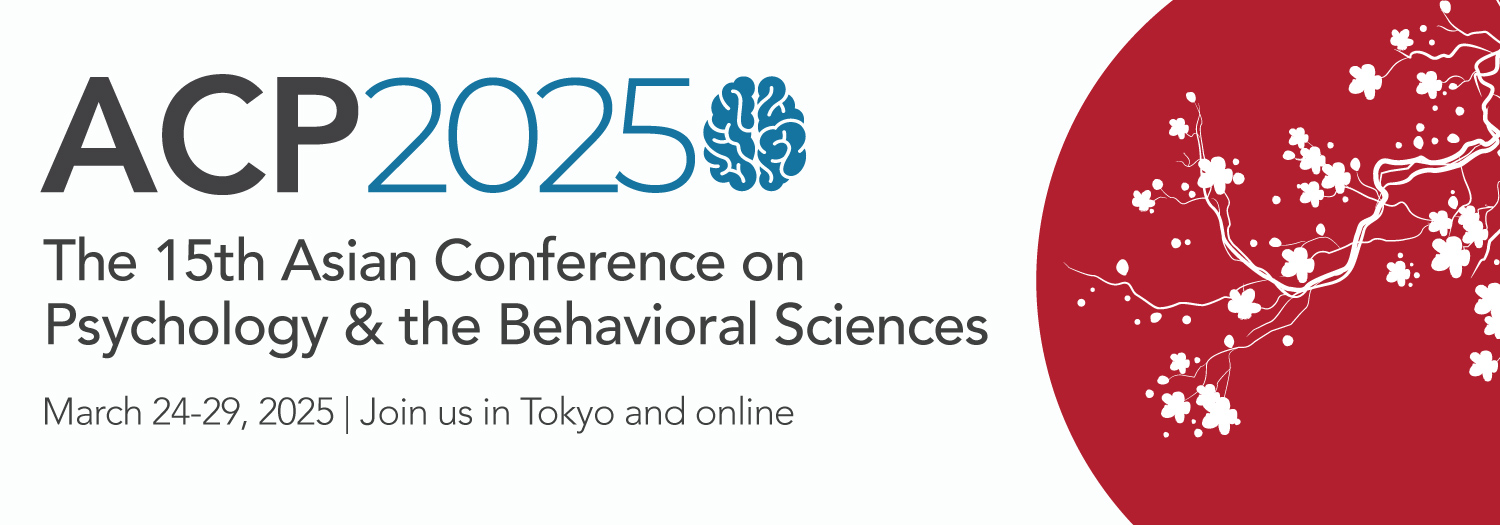"Karma”, like the word "Buddha”, is one of the few words of Buddhist/Hindu origin that have become so commonly used they no longer need to be italicised when written. Thus, when discussing something that happened to a particular person, usually of a negative character, it is unsurprising to hear someone say, “It was his karma, man.” Here, karma becomes very close to meaning "fate", suggesting a power outside of one’s control that determines one’s destiny. But is this the genuine meaning of karma?
This presentation will focus on the understanding of karma in twentieth-century Japan, beginning with that of Rinzai Zen master Shaku Sōen as presented at the World’s Parliament of Religions in 1893, including an examination of the doctrinal underpinnings of Sōen's understanding in the Lotus Sutra. This will be followed by the contrasting understanding of Sōen's lay disciple, D. T. Suzuki, as well as that of the martyred Sōtō Zen priest Uchiyama Gudō.
To ensure that the understanding of karma held by Shaku Sōen, et al. is not regarded as a uniquely Mahayana interpretation, reference will also be made to examples of the use of karma in the Theravada tradition, specifically as used in contemporary Thailand.
In conclusion, an examination of karma as taught by Shakyamuni Buddha will be presented. It will be shown that both the Mahayana and Theravada understandings of karma are far removed, even contradictory, to the teachings of the Buddha himself.
Read presenter's biography
